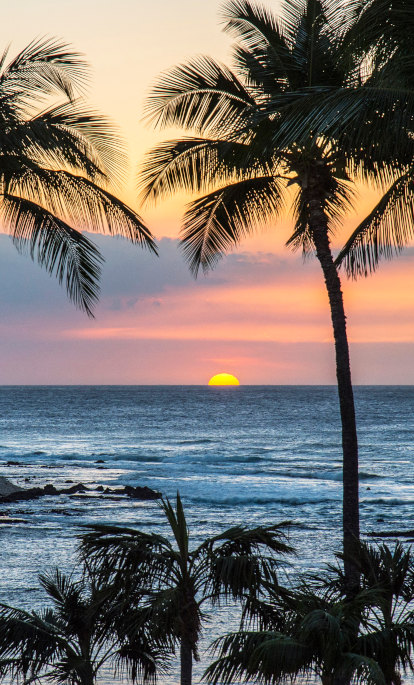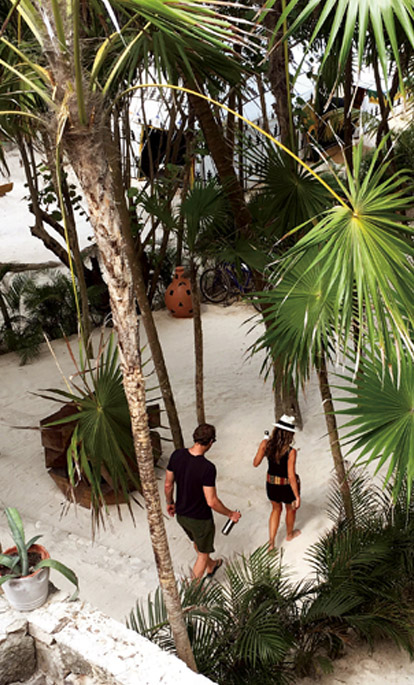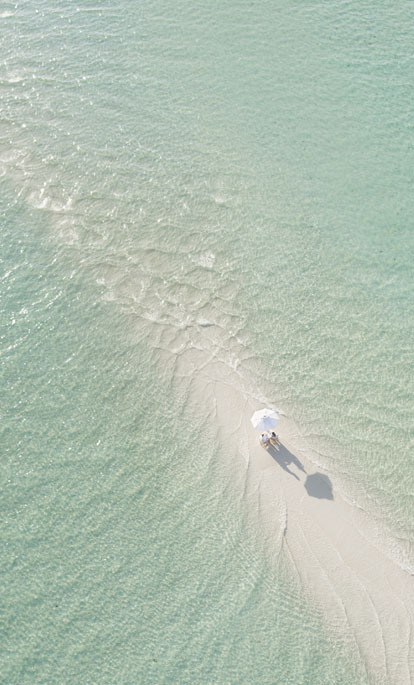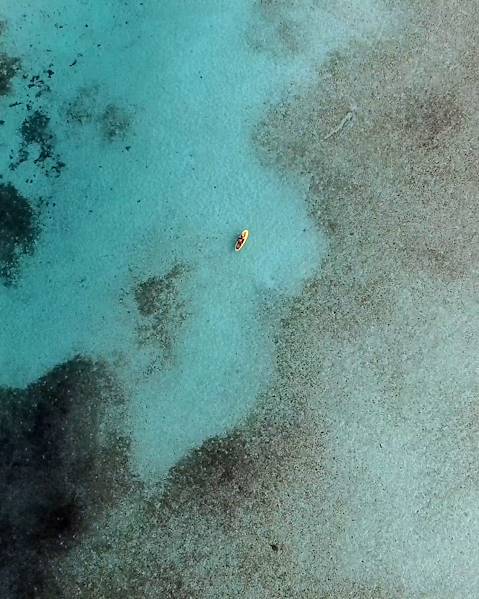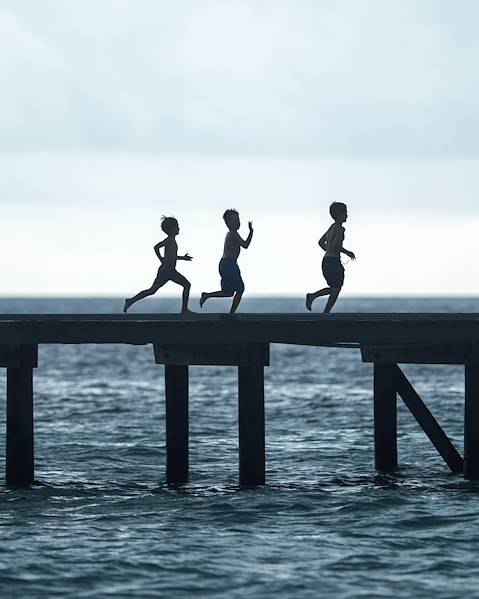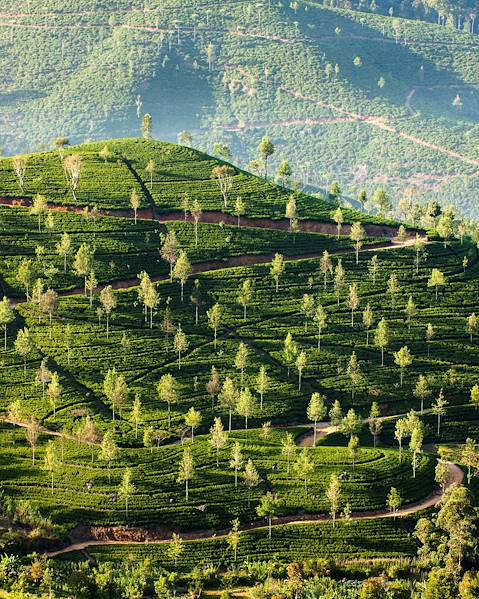The Maldives archipelago in southern South Asia lies about 280 miles south of India and to the east of Sri Lanka. There are over 1,000 islands, but only 202 are inhabited. They are grouped into 26 atolls. In the heart of the Indian Ocean, the Maldives archipelago has an equatorial tropical climate. Temperatures range from 26°C to 38°C all year round. Depending on the season, these warm temperatures are cooled by sea breezes, making them more pleasant and bearable. The climate in the Maldives is divided into two main seasons, which are determined by the monsoons. The dry season, which runs from December to March, is associated with the north-east monsoon, and is known as the 'iruvai'. The wet season, associated with the south-west monsoon, is called 'hulhangu', and lasts from May to November. It's also windy during this period, with the wettest months being June and July. The best time to visit the Maldives though is from December to April. There is generally less rain then, and the sunshine is at its peak, averaging eight hours of beautifully sunny weather a day.
The Climate in the Maldives
The Maldives archipelago's proximity to the equator means that it's protected from hurricanes and enjoys stable temperatures all year round. However, given that it spans around 500 miles, the weather may not be the same for each area of the archipelago. Temperatures fall slightly at night due to the trade winds, but don't drop below 23°C. The average during the day varies between 28°C and 31°C. December is the hottest month, and April the coolest. To make the most of the islands and enjoy the coral reefs and beaches, we would say the best time to visit the Maldives is during the dry season, when there is less rain and temperatures are pleasant. However, diving enthusiasts prefer the wet season, when visibility is better for exploring the seabed.
Wet Season in the Maldives
The wet season in the Maldives runs from April to November. The northern part of the archipelago is most affected by this season. Showers during this period are very heavy but short-lived, and the sun quickly returns. The wet season is accompanied by fairly strong westerly or south-westerly winds, making the sea rough. Diving during this period is therefore only for experienced divers. From June to August, rainfall is high, and the wind and rain are sometimes accompanied by thunderstorms. It's a fairly changeable time. Mornings can be pleasant but prone to showers, and the rain can last for days. However, more often than not, this bad weather is only fleeting and the sun quickly returns. May, June, July and October are the wettest and windiest months.
Dry Season in the Maldives
The dry season runs between December and March. It's a very sunny time and ideal for admiring the lagoons. From February onwards, temperatures are higher, between 23°C and 30°C. February is the driest month, and rainfall is very low. This is the most popular season for water sports enthusiasts, and the beautiful sunsets make for the perfect romantic break.


